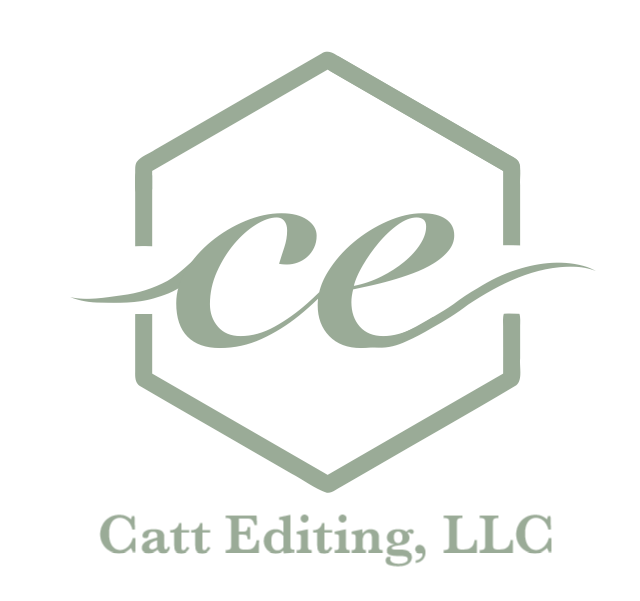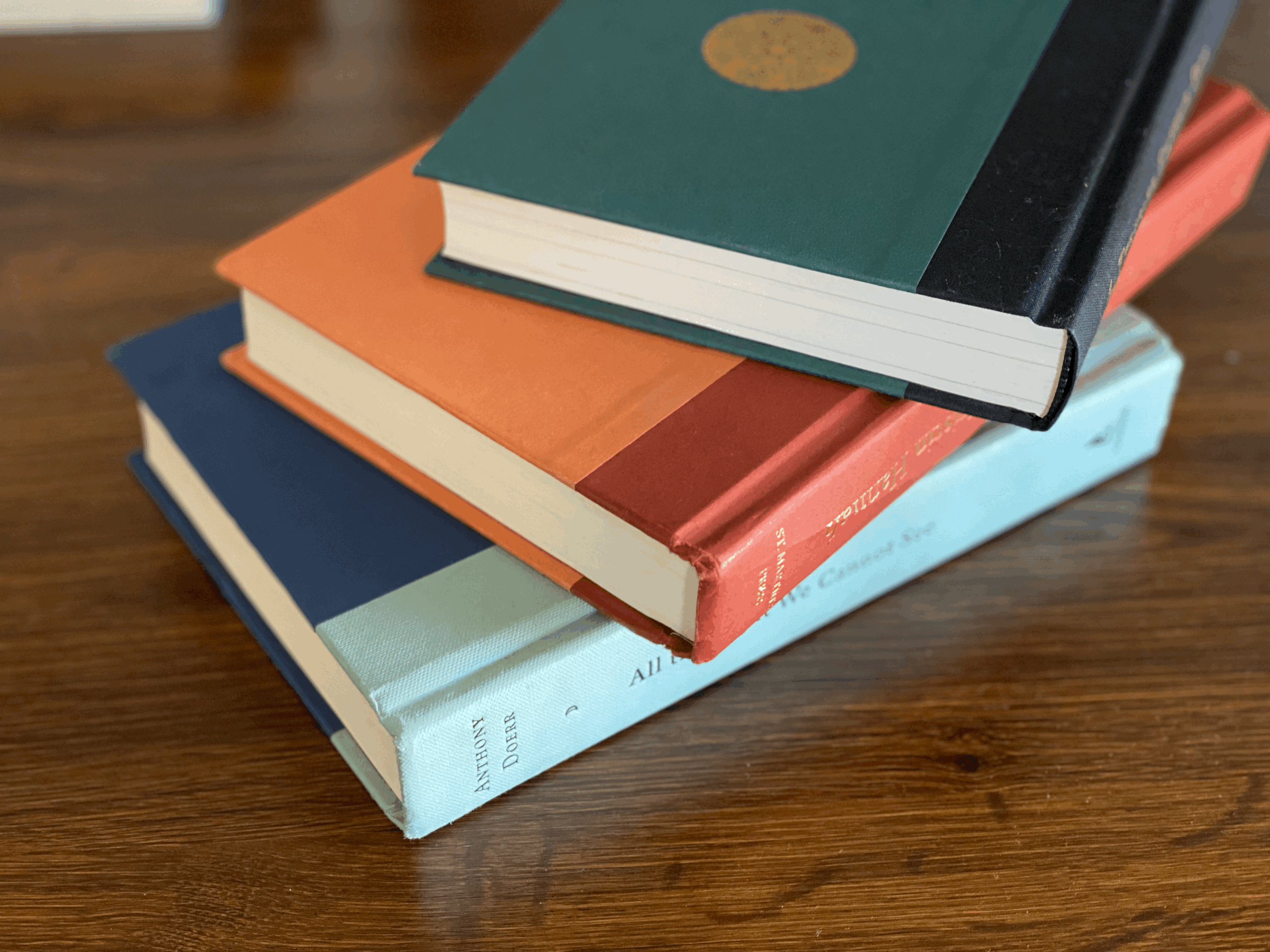
Looking for something specific?
Use the search bar below.
Qualifications that Can Make You a Better Writer
The process of becoming a better writer can take a long time, and learning is essential to the journey. As shared by several English degree graduates, there is often no immediate vocational payoff with these programs. Rather, you get the foundation you need to continue practicing the craft before seeing success. Several writers have mentioned pursuing further studies or work experiences that allowed them to resonate with current literature and think critically for their next narrative. If you’re interested in becoming a better writer, here are some qualifications you should consider undergoing.
Tricky Punctuation: Parentheses
Punctuation can get really tricky! This post talks about how to use parentheses properly.
5 Ways to Improve Your Productivity as an Author
For authors, especially for self-publishers, writing well and writing fast are our bread and butter. If we cannot produce books, we don't make any money. And if we don't make any money, then writing is just a hobby.
For some people, that is just fine. Writing can be a hobby, and a very fulfilling one at that.
However, for the rest of us, if we want to make a living at writing books, we have to learn to write efficiently.
In this article, I will cover a few tips on how to do this.
Fiction Writing Exercises and Prompts for Writers
Writing exercises are a good way to practice without too much commitment to a story. The point is to write, as most of the time, the pressure is on how to start. Exercises like this can make you feel less overwhelmed and help you put pen to paper (or fingers to keyboard).














